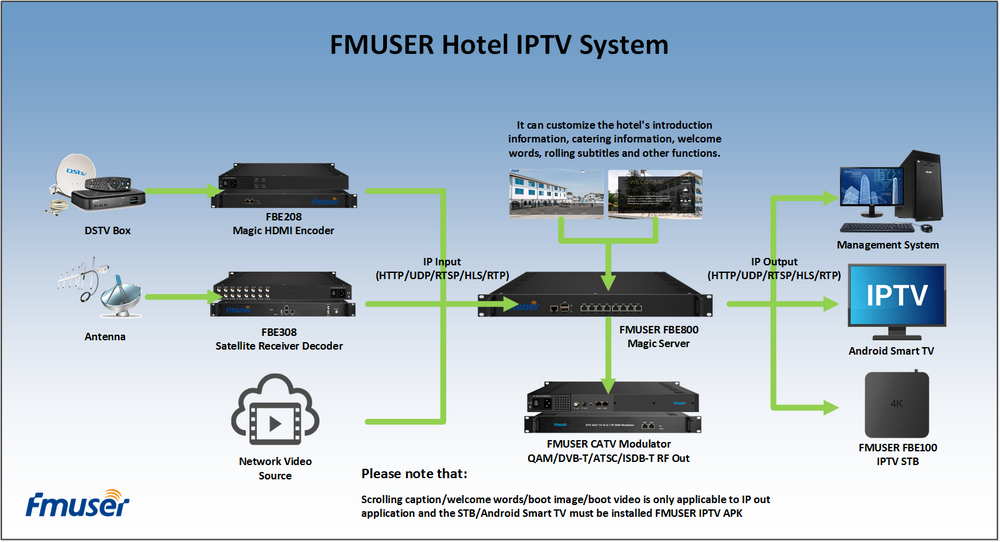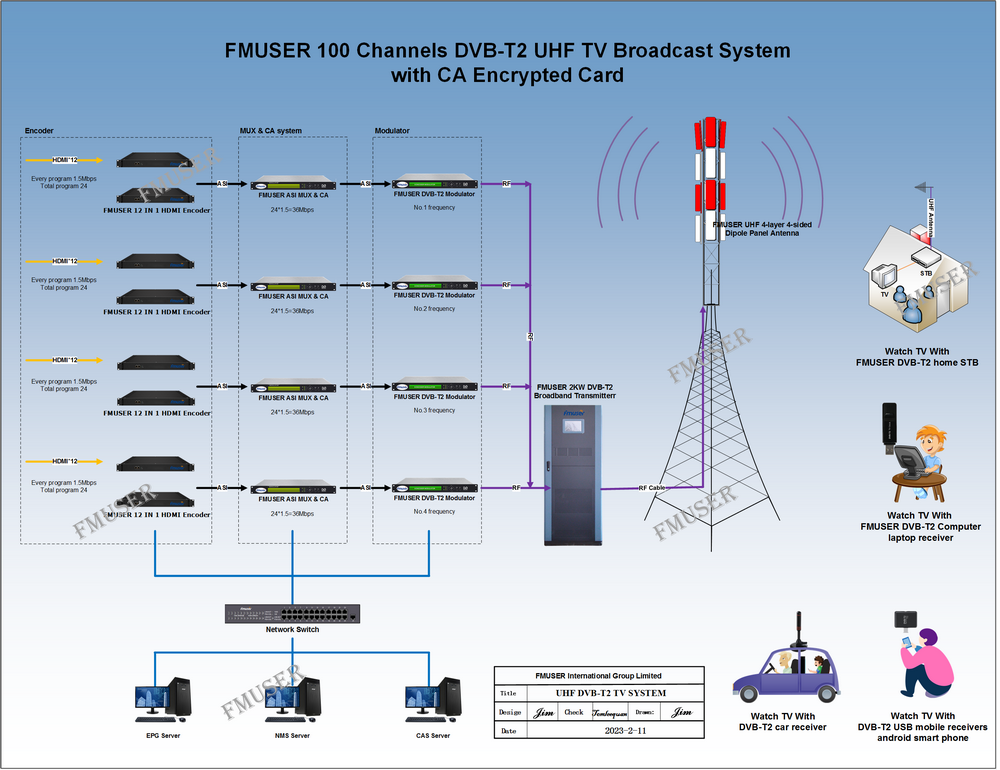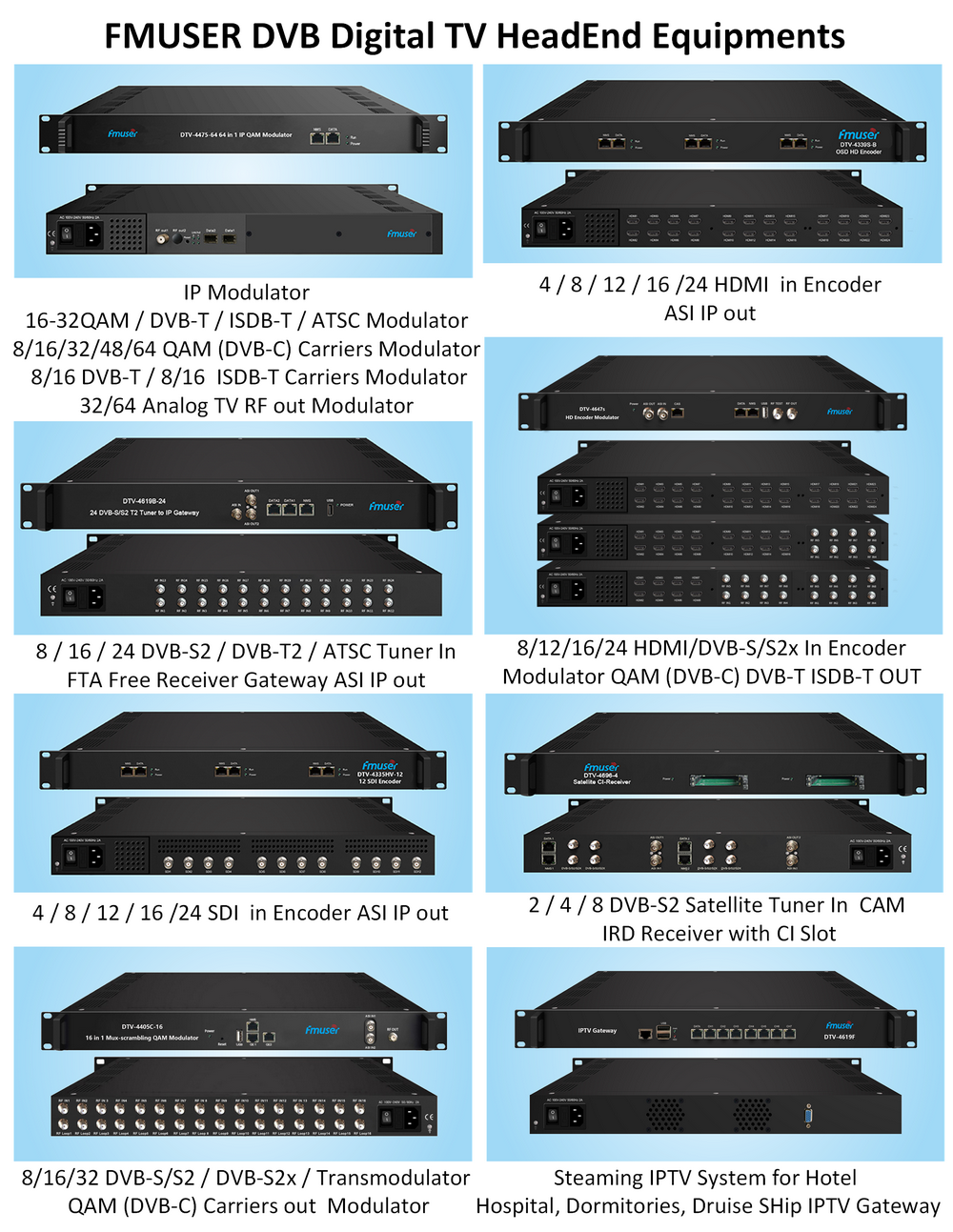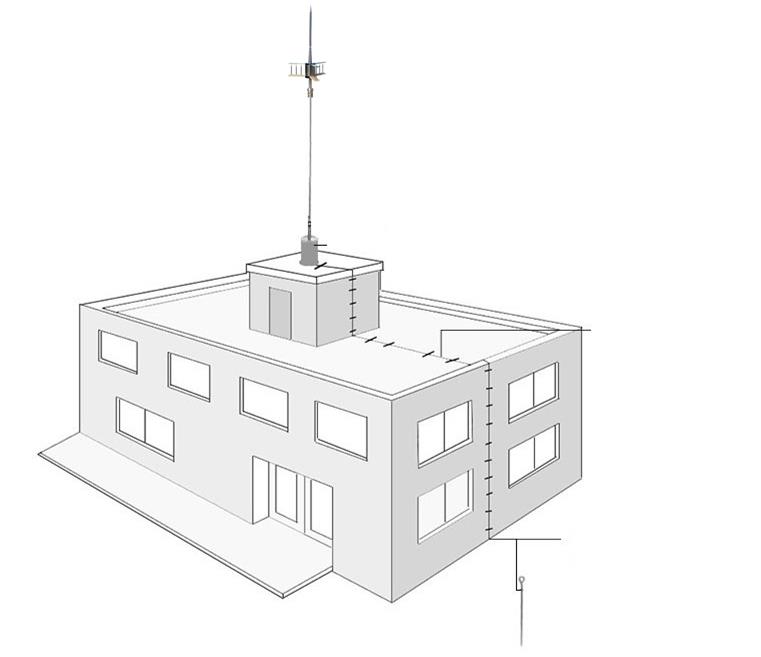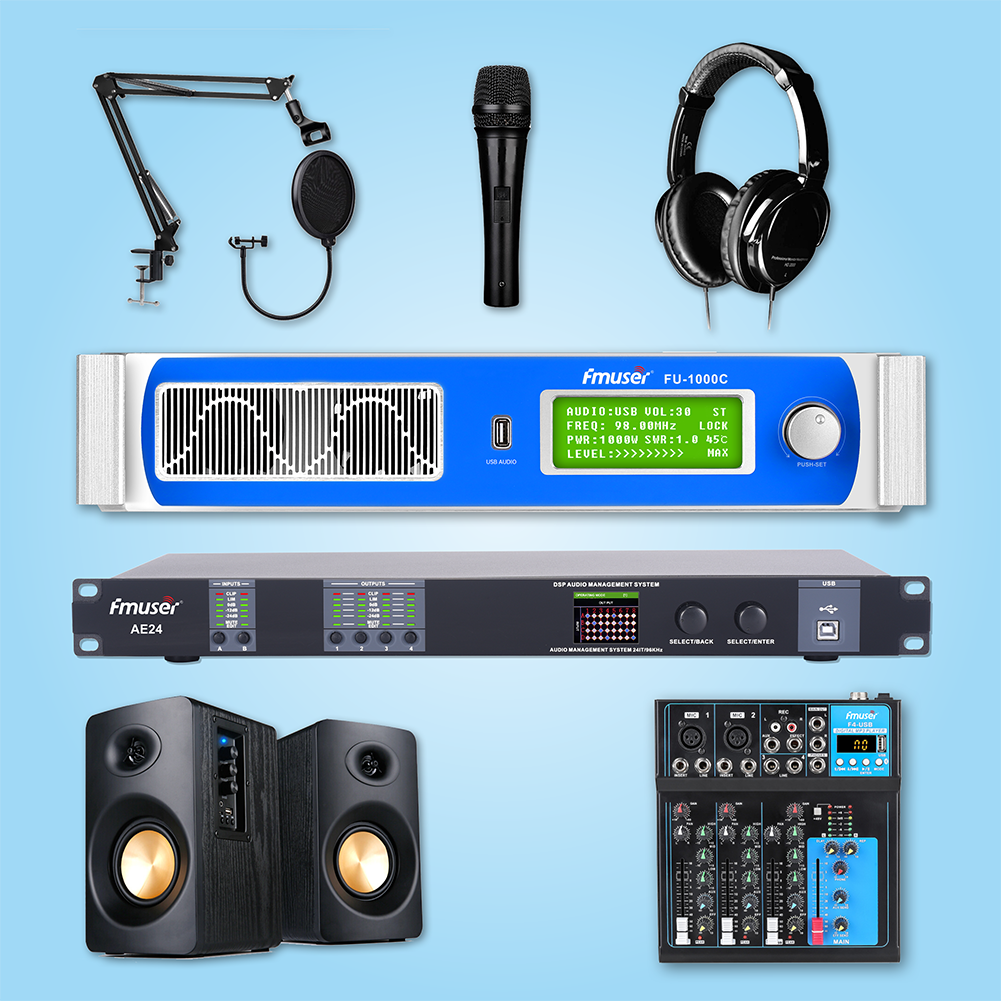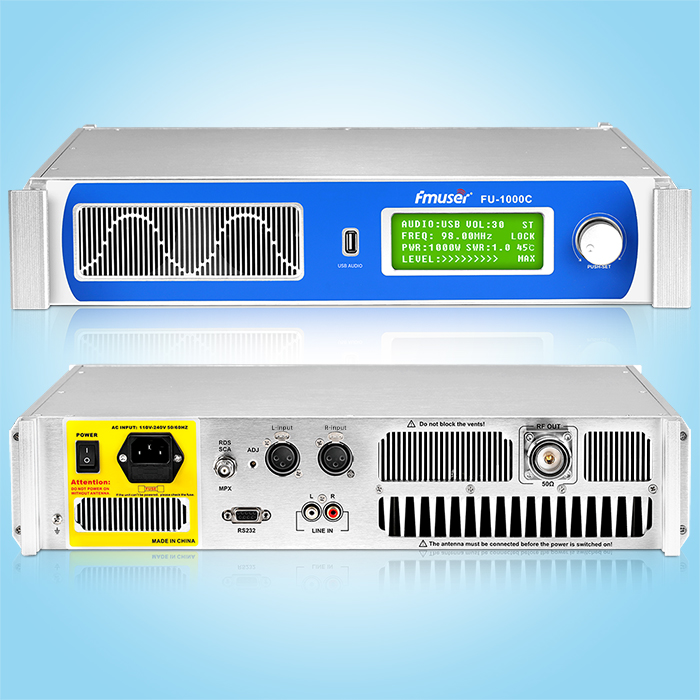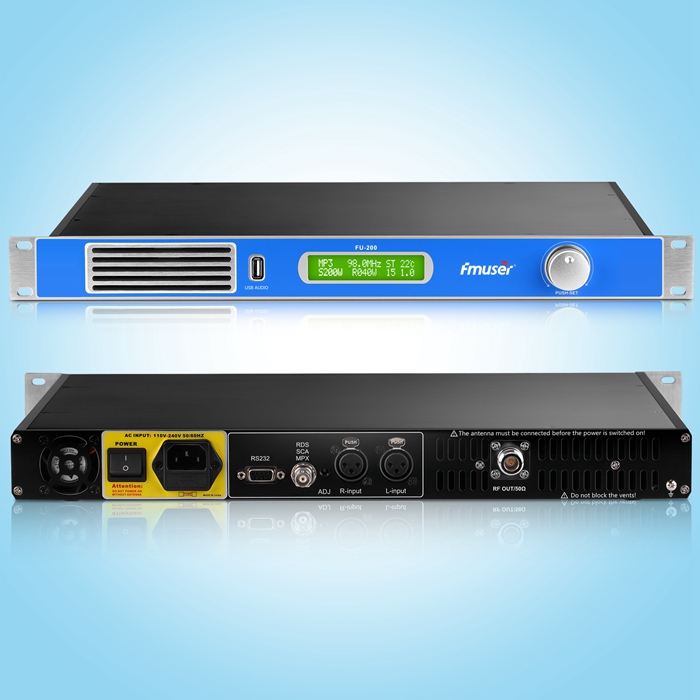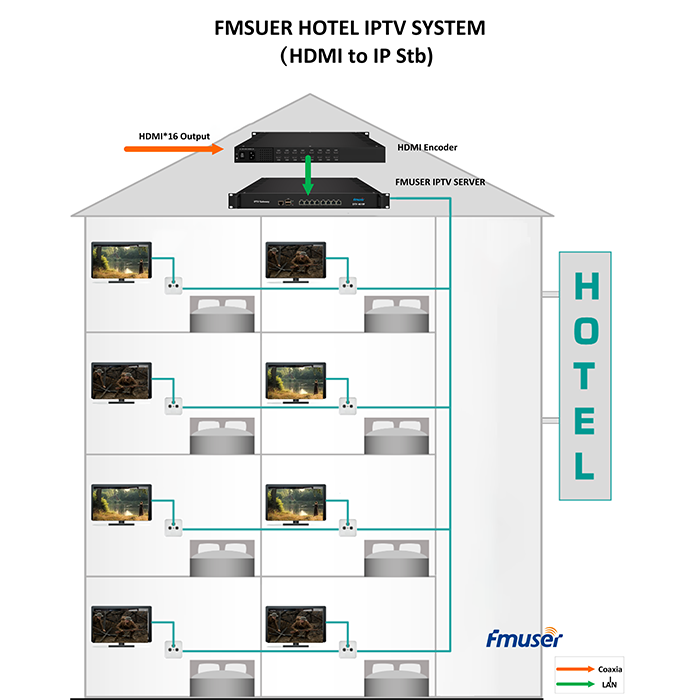"The IoT era, this is an era of intelligent hardware products, and various networked applications, through WiFi wireless connections, people in the continuous challenge of higher levels of ideas, can say that WiFi technology is gradually changed Product single properties, combined with "smart" cloud service, the product will be more close, enrich our lives. Of course, WiFi technology has developed, hot, and inevitably provokes upstream hardware solutions, there is currently Words, domestic and foreign WiFi solutions, such as the river, which makes the engineer to be more difficult to choose the WiFi solution. So today we will talk about some WiFi solutions on the market, the purpose is to help engineers Can pick WiFi solution suitable for yourself, reduce development difficulty, reduce development time, and speed up the product.
Spark Photon - I want to make a Raspberry Piese in WiFi
Spark Photon is a WiFi development board launched by the foreign Spark team. The matchbox is very small, the price is not cheap, the price of 19 dollars, the main source hardware, supports the SPARK OS system that has been developed, and the engineer who is keen on DIY, this module can Convenient integration into your product.
The Spark Photon development board is equipped with a programmable WiFi module based on the BCM43362 WiFi chip. The size is only 12mm * 11mm. The product has passed FCC / CE / IC certification. The main features are:
STM32F205 120MHz ARM Cortex M3
1MB flash memory, 128KB RAM
Boyong BCM43362 Wi-Fi chip
Single frequency segment 2.4GHz IEEE 802.11b / g / n
Support for up to 65Mbit / s wireless data transmission rate
Support security mode for open, WEP, WAPI, WPA, WPA2-PSK WiFi
If you are interested in Spark Photon Development Board, you can visit the information page of the Spark Photon Development Board to learn more.
The most cost-effective WiFi program --esp8266
The ESP8266 is a highly integrated WiFi SoC chip introduced by Lesin, China Internet of Things Supply, which integrates Balun, Switches and RF power functions, and only the very few external circuits can form a complete Wi. -Fi solution, and can minimize the space occupied by the PCB in the design, as shown below.
In addition, the ESP8266 has a powerful chip-on-chip processing and storage capabilities, which can shorten the pre-development time and minimize the occupation of system resources through GPIO ports, and minimize the occupation of system resources, and more features related to ESP8266 chips. :
802.11 b / g / n standard
WiFi Direct (P2P), Soft-AP
Integrated TCP / IP protocol stack
Integrated TR switch, Balun, LNA, PA, and matching network
Integrated PLL, Regulator, DCXO, and Power Management Unit
802.11b mode + 19.5dBm output power
Power-down leakage of less than 10ua
Integrated low-power 32-bit CPU, can also be used as an application processor
SDIO 1.1 / 2.0, SPI, UART interface
STBC, 1 × 1 MIMO, 2 × 1 MIMO
A-MPDU & A-MSDU aggregation & 0.4ms protective interval
Wake up and pass the data package within 2ms
Standby state consumption is less than 1.0MW (DTIM3)
Qingke WiFi Solution EMW3162 and Han Feng WiFi Solution HF-LPB100
The EMW3162 and Han Feng's EMW3162 and Han Feng's HF-LPB100WIFI solutions are in contact with the Gokit development kit launched by Lishi Cloud, so it is currently in comparison.
EMW3162 integrated resources are very rich, 120MHz Cortex-M3 core, 1MB Flash ROM, support 802.11 b / g / N baseband, etc.
We can see the basic parameters of the EMW3162 WiFi module:
Holding IEEE 802.11 B / g / N, transmit power: 18dBm @ 11b, 15dBm @ 11g, 14.5dBm @ 11n
Receive sensitivity: -96dBM
Working voltage: 3.3V, average power consumption is about 24mA, standby power consumption is about 8UA
Contains 120MHz frequency STM32F2 microcontroller, embedding 1M byte flash, 128K byte SRAM
Onboard PCB antenna, you can also connect an external antenna via IPEX
SWD debug interface through international certification such as CE, FCC
And Han Feng's HF-LPB100 WiFi solution is not very different from the EMW3162 functionality of Qingke, and we mainly look at some parameters between them.
As can be seen from the table below, the EMW3162 of Qingke has a very high reception sensitivity.
SN8200 WiFi module from Murata
The SN8200 WiFi module is a low-power, self-contained embedded wireless module developed by Murata, mainly facing M2M application, as shown below:
The SN8200 module includes a STM Cortex-M3 controller, a WiFi BB / MAC / RF SoC, a RF front end, and two clocks, etc., the entire module is 30.5mm x 19.4mm x 2.8mm, In terms of volume, it does not occupy any advantage over the current mainstream WiFi single-chip solution. The main features of the SN8200 module are:
2.4 GHz IEEE 802.11 B / g / N wireless technology
Antenna configuration: onboard antenna or u.fl connector
Transmission power: +18
[email protected]
Receive sensitivity: -96 dBm
WiFi chip: Boyong bcm43362
MCU: Semiconductor STM32 ARM Cortex-M3
Support WPA / WPA2 PSK
Built-in TCP / IP protocol stack, HTTP, DHCP, DNS, and Web Server
Support AP / STA dual mode
Serial Interface Options: UART, SPI
Peripheral Interface Options: ADC, DAC, I2C, I2S, GPIO
Working temperature range: -40oC to + 85oC
FCC / IC certification, CE certification
Compatible with Bo Tong WICEDTM SDK
Ti WiFi solution CC3100 and CC3200
Here is a combination of two different WiFi hardware schemes of Ti - a single WiFi SOC single-chip solution CC3200 or WiFi network processing chip CC3100 + external microcontroller solution, the former can have lower power consumption, higher integration Degree, and the latter can achieve more features, more flexible match. First, look at the CC3100.
The CC3100 is mainly composed of WiFi network processors and power management subsystems, and Wi-Fi network processor subsystems contain a unique Wi-Fi Internet-ON-A-CHIP and a dedicated ARM MCU, of course, this ARM MCU does not act as a host Control action, it is mainly responsible for the processing of Wi-Fi and Internet protocols, so that there is no need to handle these things, which greatly facilitates engineers' selection of external MCUs, or directly through the SPI interface, UART interface, etc. Implementation in existing projects, quite flexible. Other major features of CC3100 are as follows:
802.11 B / g / N RF, Baseband and Media Access Control (MAC), Wi-Fi Drive
Base station, access point (AP) and Wi-Fi Direct mode
TX Power: 18.0 dBm @ 1 DSSS, 14.5 DBM @ 54 OFDM
RX sensitivity: 95.7 dbm @ 1 DSSS, 74.0 dBm @ 54 OFDM
Application Data Throughput: UDP: 16Mbps, TCP: 12Mbps
VBAT wide voltage mode: 2.1 to 3.6V
The hardware solution of the CC3200 is very simple. Because it is a single-chip WiFi SOC solution, there are few electronic components required, and the circuit design is very simple, as shown below.
From the system block diagram of CC3200, the CC3200 is mainly divided into 3 parts: Applying the MCU subsystem subsystem + WiFi network processor subsystem + power management subsystem.
Applying the MCU subsystem contains:
An ARM Cortex-M4 kernel, the frequency is 80MHz
Chip integration flexible embedded RAM for code and data, and ROM with external serial flash boot loader and peripheral drivers
Support a quick parallel camera interface, I2S, SD / MMC, UART, SPI, I2C, and Four Channel Mode Converter (ADC)
Wi-Fi network processor subsystem:
A Wi-Fi Internet-ON-A-CHIP contains an additional special ARM MCU that exempts the processing burden of application MCU
Contains 802.11 b / g / N radio frequency, baseband, and Mac with powerful encryption engine to achieve fast, security internet connection supporting 256-bit encrypted
Support base station, access point, and Wi-Fi direct mode
Support WPA2 personal and business security and WPS2.0
Wi-Fi on-chip internet includes embedded TCP / IP and TLS / SSL stack, HTTP server, and multiple Internet protocols
TX Power: 18.0 dBm @ 1 DSSS / 14.5 DBM @ 54 OFDM
RX sensitivity: -95.7 dBm @ 1 DSSS / -74.0 dBm @ 54 OFDM
Power management subsystem:
VBAT wide voltage mode: 2.1 to 3.6V
Sleep in real time clock (RTC): 4μA
RX traffic (MCU activation): 59 mA @ 54 orthogonal frequency division multiplexing (OFDM)
TX traffic (MCU activation): 229 mA @ 54OFDM, maximum power
Idle connection (MCU in LPDS): 695 μA @ DTIM = 1
Ti's CC3100 and CC3200 solution provide a variety of WiFi hardware schemes to engineers, but no matter what choice, engineers need to constitute a constant adjustment circuit structure according to the actual function, power consumption, applicability, cost and other factors. Optimize to complete the best WiFi scheme.
Freescale WiFi module QFM-2202A
Freescale's WIFI module model is QFM-2202a, which is a built-in wireless network controller module developed by Freescale and Qualcomm and certified, low-power cost-effective embedded wireless network controller modules. The main hardware architecture is based on Flying. Carl K22F microcontroller + high pass QCA4002 WiFi chip, a size of approximately 30mm * 15.3mm, as shown below.
QFM-2202A WIFI module features:
Freescale MK22FN512VMP12 microcontroller, ARM Cortex-M4 @ 120MHz, 512KB Flash, 128KB RAM
Qualcomm QCA4002 WiFi chip support IEEE802.11 B / g / N
Standard operating voltage 3.3V, working ambient temperature 0 ° C ~ 85 ° C (MCU: 2.7 ~ 3.6V, QCA4002: 3.14 ~ 3.46V)
Single data stream 1x1, operating frequency band 2.4 GHz
Support Green TX power saving, low power monitor mode
The maximum rate can reach 150 Mbps, 802.11 b / g rate up to 54 Mbps, 802.11n (MCS0-7) rate up to 150 Mbps
Network protocol support IPv4 / IPv6, TCP / UDP, ARP / NDP, DHCPv4, ICMPv6
Security protocol supports WPS, WPA, WPA2, WAPI, WEP, TKIP
Real-time operating system (RTOS): MQX
Internet Software Architecture: Alljoyn
Software Support iOS Homekit Framework & MFI
RSA2048 / SHA-256 encrypted program loader (bootloader)
Upgrade the built-in firmware program via Wi-Fi or UART
From the above features, we can understand that the QFM-2202A WiFi module integrates a powerful ARM Cortex-M4-based Kinetis MCU in a smaller size package to support many peripheral resources (see Freescale MK22FN512VMP12) Microcontroller), and integrate Wi-Fi Mac / BB / RF / PA / LNA, onboard antenna, QFM-2202A WiFi module also reserves the MFI interface and built-in MFI, HOMEKIT protocol stack, which can be implemented with Apple iOS system Communication.
One thing is to pay attention to, MFI, homekit's protocol stack is only the WiFi module with model QFM-2202A, and Freescale also provides WiFi module QFM-2202 without MFI function, except for both Differences, of course, there is also a price, QFM-2202 WiFi module 6.99 knife / film @ 10K PCS, and QFM-2202A 7.29 Knife / film @ 10K PCS.
Atmel WiFi Module Atwiinc1500-MR210PAM
The first time I saw this WIFI module was on the XPlained Pro development board in Atmel, which is a WiFi module optimized for low-power distribution network. The operating voltage is 2.7V ~ 3.6V, support IEEE 802.11 B / g / N, the size is only 21.5mm * 14.5mm * 3.4mm.
A power amplifier is integrated on the Atwinc1500-MR210PA module.Low noise amplifiers, switches, power management, and PCB antennas can be connected to the main controller via the SPI and UART interfaces, the main features are as follows:
IEEE 802.11 b / g / n (1 × 1), up to 72 Mbps rate
PA and T / R switch, integrated PCB antenna
Treat outstanding sensitivity and range through advanced physical layer signals
Support Wi-Fi direct connection and AP mode
Support IEEE802.11 WEP, WPA, WPA2, WAPI
On-chip memory management engine to reduce host load
4 megabits of internal flash memory and OTA firmware upgrade
SPI, UART and I2C as host interface
2 or 3-line Bluetooth coexistence interface
TCP / IP Agreement Stack (Client / Server) Application Socket
Network Protocol (DHCP / DNS), including security TLS protocol stack
Transmission UART WiFi Module Rak415
As we all know, the current WiFi + sensor is the main program of the property network application, and the WiFi module of Rak415 is seen in Numaker Trio in the new Tang Internet of Things.
The RAK415 WiFi module is 28.75mm × 23.14mm, support 802.11 b / g / n standard, as shown in the following figure.
RAK415 - 802.11B / g / N wireless module features:
Working voltage: 3.3V (3.14 ~ 3.46)
Wireless network type: STA / AP mode
Safety mechanism: WEP / WPA-PSK / WPA2-PSK / WAPI
Encryption Type: WEP64 / WEP128 / TKIP / AES
Network protocol: TCP / UDP / ARP / ICMP / DHCP / DNS / HTTP
Transmit power:
802.11b: +17 dbm (max.)
802.11g: +17 dBm (max.)
802.11n: +17 dBm (max.)
Receive sensitivity:
802.11b: -97dbm
802.11g: -91dBM
802.11n: -89dbm
In different working modes, the power consumption performance of Rak415 is not the same, such as full-speed working mode, the power consumption average is about 80mA, and in automatic power consumption mode, the average power consumption is about 10mA, of course, in the network In case, there is only 3mA of the lowest power consumption.
Finally, let's summarize the wireless parameters of these modules, comparison of power consumption:
(Click on the picture to enlarge)
I believe that most of the engineers can not deny that the ESP8266 WiFi module has an unparalleled price advantage, if you just need a WiFi communication program, the ESP8266 is indeed worthy of cost, but if you need a perfect intelligence Hardware product solutions, such as WiFi music players, in addition to WiFi communication, the performance of the microcontroller chip has a relatively high demand, then you may have to choose Freescale QFM-2202A WiFi module (based on ARM Cortex-M4 ) This solution.
More WiFi scheme development board reference
Oscreen / wearable application - New Tang Numaker TRIO development board evaluation
Wireless MCU - TI CC3200 LaunchPad Review of the first built-in WiFi function
Low power consumption, easy to expand Atmel WinC1500-XSTK WIFI development kit evaluation
Helping intelligent hardware development - Freescale QFM-2202A WiFi module evaluation
More flexible open source method - Houxun Gokit second generation evaluation
Choose suitable WiFi scheme - Ti CC3100 Boosterpack Development Module Review
Open World - Discover Wi-Fi Development Board Reviews
Provide one-stop solution for intelligent hardware - Houx Cloud GOKIT Review
Original declaration: This article is originally created by the panel network, declined! "
Our other product:


